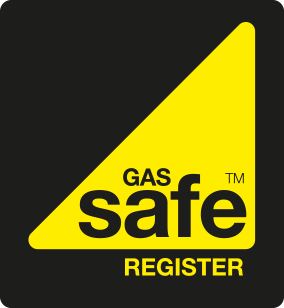0800 012 5474
Purley Heating Solutions (Free Phone)
Purley Heating Solutions (Free Phone)
These are the perfect choice for smaller properties. Most commonly known as combi boilers these are the most popular kind of boiler in the UK. They provide heat and hot water without the need for any large water tanks or cylinders. Some combi boilers will have a backup hot water tank however.
These will be used in typically larger houses, often having two or more bathrooms. They incorporate a boiler with extended controls and work with a hot water cylinder. They are often fed through by a cold-water tank and an expansion cistern that is often located in the loft of your property.
Working like a conventional boiler, system boilers need to store hot water in a storage cylinder. The main difference from a conventional boiler however, is that they take their water directly from the mains.
These can be fuelled by gas, oil or solid fuel. Solid fuel back boilers will only provide hot water the fire is lit. Gas and oil boilers are different though. These can work independently from the fire front making it able to provide hot water all year round. Back boilers are normally built in to old style houses or ex council houses. Due to new gas safe regulations they are no longer fitted. However, we can service and cap them off, although we cannot repair these units.
As a substitute to natural gas, these boilers use oil or liquid petroleum gas to fuel them. These are usually used for isolated or cut off properties that have no access to the mains supply network. The main difference between these two systems is that oil boilers have their supply delivered by truck and stored in a tank that is often rented from the supplier.
Occasionally the boiler may refuse to heat up the water. Before you rush into contacting a gas safe engineer, there are a few things you can check. Any work that is carried out on the boiler must be performed by an engineer who is Gas Safe Registered.
Check your thermostat. If the temperature on here is set too low, then your boiler may only be able to produce cold water. Simply just upping the temperature on here may rectify this issue.
Check to see if any of your pipes have become frozen. If so, there could be a reason for the problem. Check, if your boiler has a pilot light and that it is bright blue. Should it not be, then this may indicate the issue and you can inform our engineer whilst booking the appointment with a member of our team.
Your boiler should always be making a noise. A low droning sound is normal and is nothing to be worried about. However, there are two types of noises that you should pay particular attention to and may need to further investigate.
This usually indicates that there is a frozen pipe somewhere, meaning there is a restriction on the regular flow of water around your home. If not treated promptly, this could cause further, more serious problems, down the line.
This can also be referred to as Boiler Kettling. This is usually caused by trapped air in the boiler, or somewhere within the pipework. This can generally be fixed by bleeding the radiators. However, if it cannot, contact a professional to fix the issue.
Formerly known as CORGI registered, the registration body for gas works has changed to the Gas Safe Register. Every engineer that carries out gas repairs, services or installations must be gas safe registered by law. Engineers receive gas safe registration cards which can be checked online or on the phone anytime you wish. We ensure that all our engineers that are contracted to us, whom perform gas or heating work, are gas safe registered. This ensures that you always receive the best service from the correctly qualified people.
It is important to note that Oftec is the official governing body for the oil heating industry. Oil boilers do not require gas safe registrations.


We deliver planned and reactive services that are second to none to a range of businesses.


Calls made will not be charged